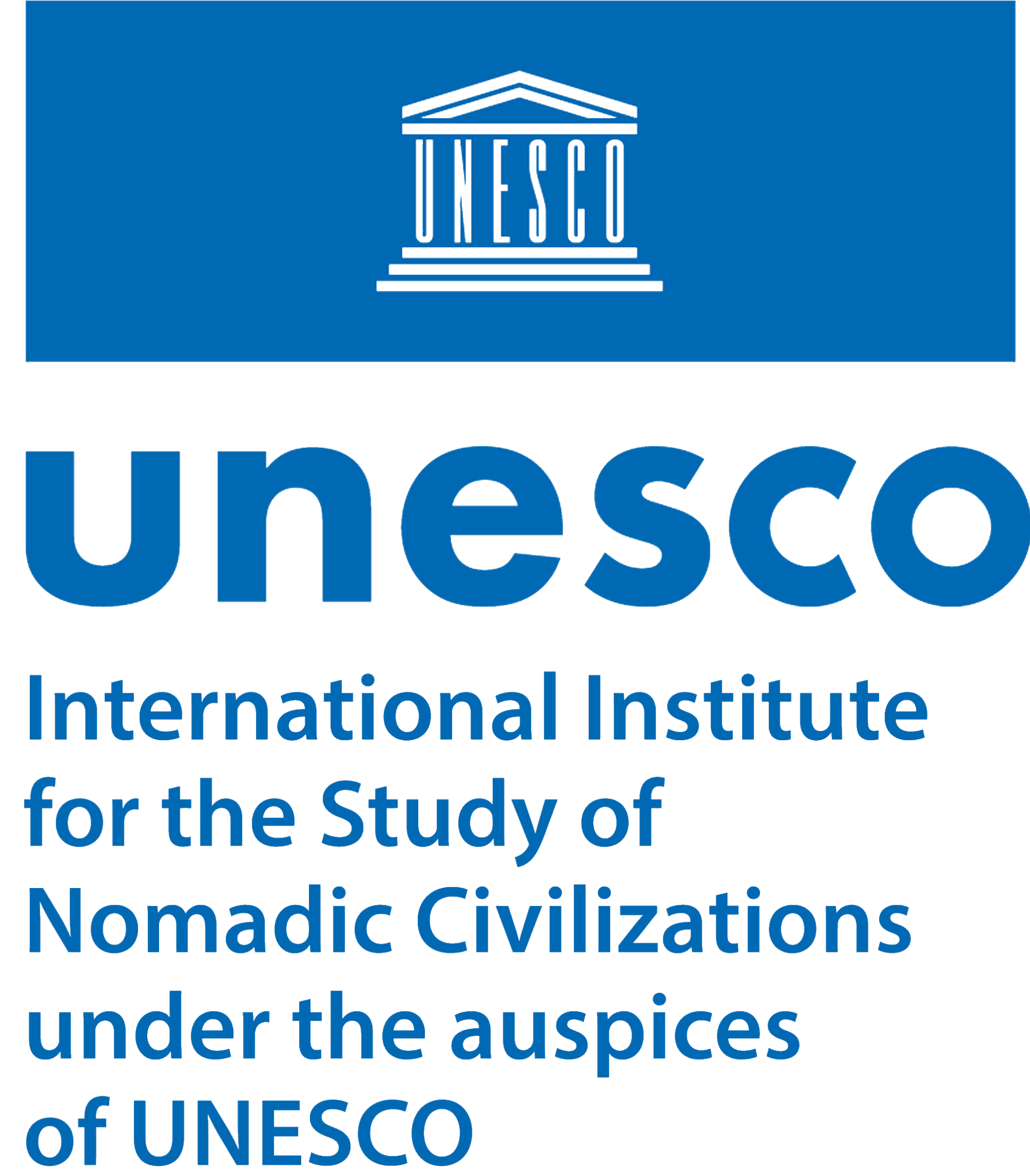Objectives
The mission of the Institute is to build an international network for nomadic studies, to deal with the possibilities and requirements of contemporary scientific and multidisciplinary research, with relevant issues including preservation and conservation of the unique historical and cultural heritage of nomadic peoples. As well as sensitize policymakers and societies to the needs and concerns of nomadic communities and assist the Nomads in overcoming the challenges, they face in today’s world.
To pursue its mission, the Institute has set the following objectives based on agreements and memorandums signed between the Government of Mongolia, the Member States and UNESCO:
1) Further knowledge of nomadic cultures and their contribution to world civilization, and, through an interdisciplinary approach, promote the understanding and appreciation of links between the past, present and future, and thus contribute towards the renewal of intercultural dialogue in the regions concerned;
2) Contribute, based on fundamental and applied research, to the advancement of the nomadic peoples, assisting the nomads better to meet the needs and requirements of today’s world, and preserving their cultural identity, their values and ways of life;
3) Advise political opinion leaders and development planners by providing research-based recommendations for development planning in the nomadic living space;
4) Provide a framework for a multidisciplinary study of nomadic civilizations in which scholars, and in particular young scholars, will be able to further their research in relevant disciplines
These objectives are in full alignment with UNESCO’s strategic objectives (SO) set out in the Organization’s Medium-Term Strategy (40/C4), in particular, the objective of supporting inclusive social development, fostering intercultural dialogue for the rapprochement of cultures and promoting ethical principles (SO6), which are guided by the Sustainable Development Goals (SDGs), in particular, SDG16, SDG 11 and SDG 10. They also reflect the national policies towards nomadic peoples and cultures of IISNC’s Member States: Kazakhstan, through its cultural policy, for instance, expressed its intention to develop a modern cultural and tourist cluster called “Unity of Nature and Nomadic Culture”, which has the prospect of becoming the regional centre for cultural, eco-, and ethno tourism, thereby promoting nomadic traditions, lifestyle and cultures across the region. Through its Nomadic Civilization Center and Nomad Games, Kyrgyzstan seeks to revive the ancient nomadic civilization and enrich the historical and spiritual heritage of nomads. Sharing a similar spirit, Turkey is in negotiation to join Kyrgyzstan in holding Turkish and Kyrgyz Games annually before the Nomad Games that will revive the spiritual consciousness and historical memory, not only of the Turks but of all once-nomadic peoples of the world. Moreover, the objectives correspond to the goals of establishing a specialized organization in the area of nomadic civilizations, becoming a leading country in preserving and protecting the nomadic heritage, and promoting nomadic culture and traditions across the world, which are specified in development policy and planning documents of Mongolia, including Vision-2050, Mongolia Sustainable Development Vision-2030, and National Cultural Policy of Mongolia.
FUNCTIONS
To achieve the above objectives, the Institute exercises the following functions covering a broad spectrum of disciplines relevant to the study of nomadic cultures and civilizations:
- Instigate, co-ordinate and conduct joint research projects, expeditions and field research, and publish the results and findings for;
- Hold interregional and international conferences, workshops and symposia regularly;
- Assist in training researchers, in particular young researchers, encourage their professional development and promote the exchange of specialists;
- Provide advice and recommendations on general or specific issues concerning the restoration, preservation and protection of the tangible and intangible cultural heritage of nomadic people;
- Collect, study and circulate documentation and information about nomadic cultures and civilizations.
